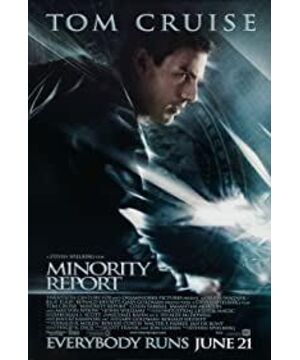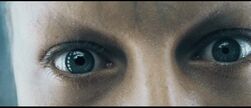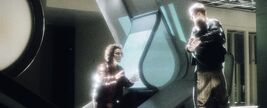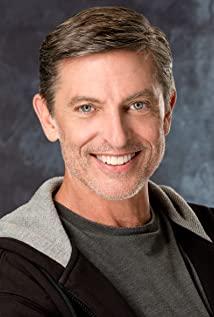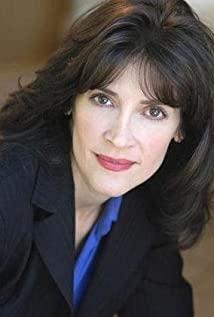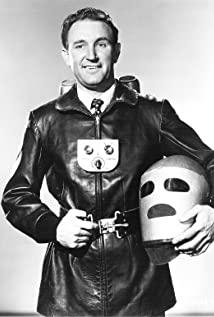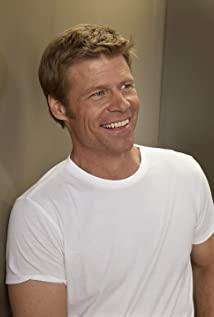"In today's world, in order to take an airplane, we can undergo a body search and other inspections; but are you willing to accept identity verification if you take the subway? The film assumes that the citizens of Washington, DC, 50 years later, are willing to undergo identification checks all the time. Of course, they will not be searched by a living person, but by technological means.
When you can predict what is about to happen, will your behavior change the "destined" ending?
When it comes to the development of the story, it can be described as a twists and turns.
When watching a movie, you will think that the truth has been inferred: one is that there is no one to set up a game (it happens to have been indulged for a long time), and the other is to conclude that the person Anderton is going to kill is his killer enemy.
It didn't take long for the face to be slapped, and the basis behind what I thought was the "truth" was actually a lie! The big curtain opened, and another big curtain, this was a good time to watch. Anderton is struggling for his innocence reasoning. Under the impact of one after another, we are also groping in the fog of truth. The curtain opens, the ultimate villain is finally revealed, and the film enters an exciting climax stage. Under the layer by layer, in the back and abdomen encounters one after another, we squeeze a sweat for all the righteous people. And when the truth is revealed, good and evil are rewarded, but through the film, unsolved puzzles lie in front of us, we are plunged into deep thinking and anticipation. Not only is the “truth” behind the lie, the entire crime prevention bureau, the entire system, and the entire peaceful utopia are all based on an unfree “lie”. It has to be reminiscent of Kant's cry for "free will" (Agatha: "I'm tired of the future"), and the unrest caused by the debunking of Harvey Dent's lies in "Batman: The Dark Knight Rises". "Truth" and "Lies" have formed ingenious intertextuality both in the story and in the overall film.
However, the film was not originally won by the picture. Even, Steward recently became fascinated by the beauty of hazy, the graininess of the picture looks very strong in the theater, and deliberately reduced the color saturation, making the film appear dark and blue and cold.
In fact, the focus of this film is on the suspense/shock factor. Personally, I feel that it is quite successful. Especially the role setting of Colin Farrell is quite exciting. His bizarre encounter is true and Kevin Spar in "L.A. Confidential" Xi's role is beautiful.
This time, Brother Atang was obviously doing his best, and he finally let me see how the rush to catch my eyeballs was achieved, but it was a pity that I couldn't move the iron-hearted Idol no matter what.
View more about Minority Report reviews


